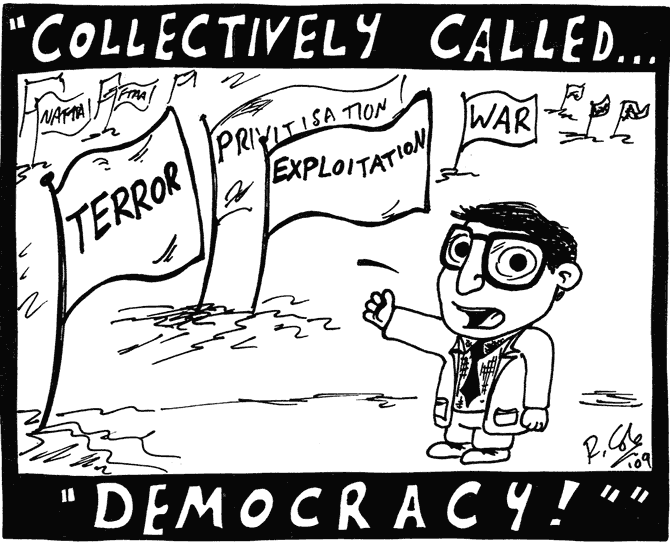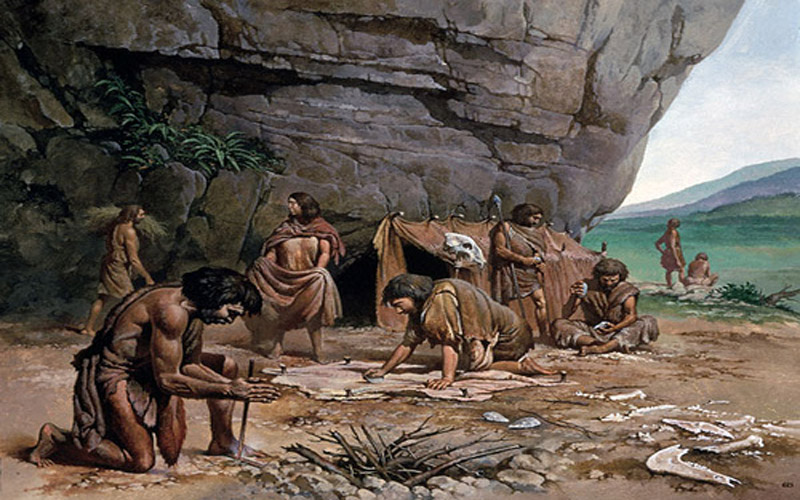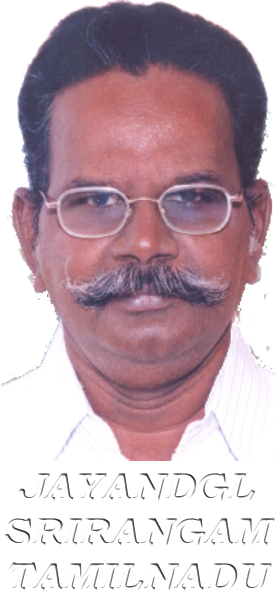Category Archives: HOW?
324.HOW DID HOSPITALS BEGIN?
The problem of caring for the weak and sick members of society has existed from the very earliest times. But the idea of hospitals is a new one in the history of man.
The Greeks, for instance, had no public institutions for the sick. Some of their doctors maintained surgeries where they could carry on their work, but they were very small, and only one patient could be treated at a time. The Romans, in time of war, established infirmaries, which were used to treat sick and injured soldiers. Later on, infirmaries were founded in the larger cities and were supported out of public funds.
323.HOW DID DEMOCRACY ORIGINATE?
Let us see what we mean by democracy. The word “democracy” comes from the Greek language and means “rule of the people.” As we use the word today, we usually mean a government where the people help to direct the work of the government.
Political democracy has appeared in two general forms. A government in which all the people meet together to decide the policy and to elect the officials to carry it out is known as direct democracy. When the people elect representatives to carry out their wishes, the government is known as a representative democracy. Because direct democracy is not possible on a large scale with many people involved, almost all forms of democracy practiced today are the representative kind.
308.HOW DID THE CAVE MEN DISCOVER FIRE?
Knowing how to make and use fire was man’s first step on the road to civilization. We know that our cave-man ancestors who lived hundreds of thousands of years ago used fire, because we find charcoal and charred bits of bone in their caves. We even find stones still standing that were used as fireplaces.
How did men learn the trick of making a fire? The best we can do is guess. Primitive men probably knew how to use fire before they knew how to kindle it. Lightning may have struck a rotten tree and made it smolder. From this the cave man managed to start a fire, and then he kept it going, possibly for years.




